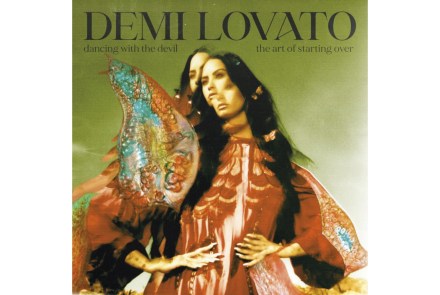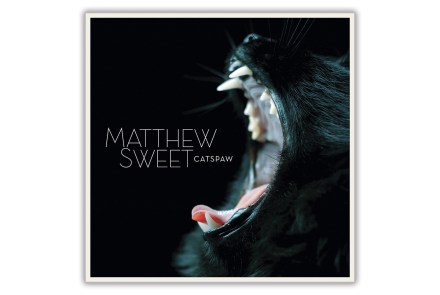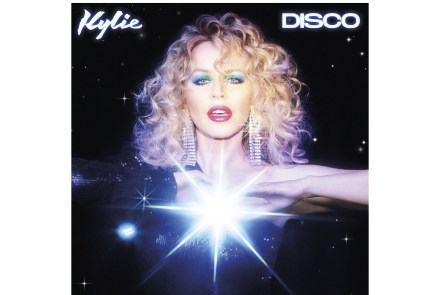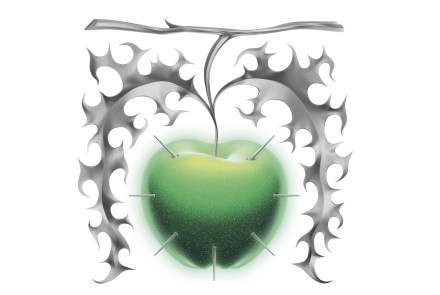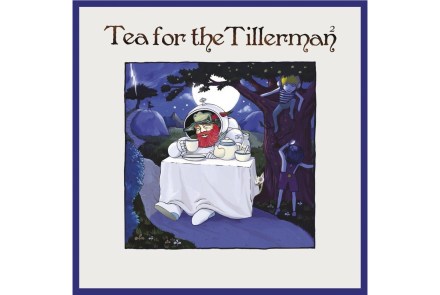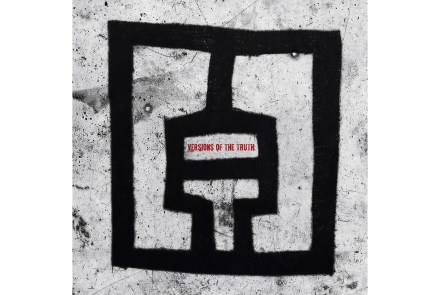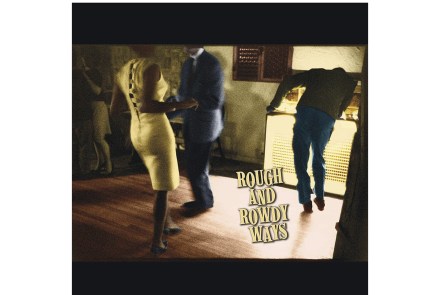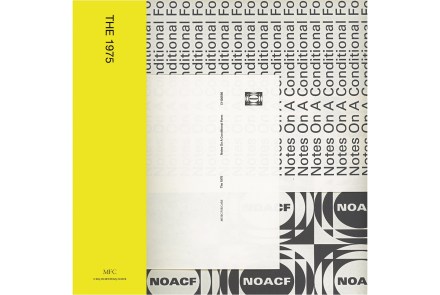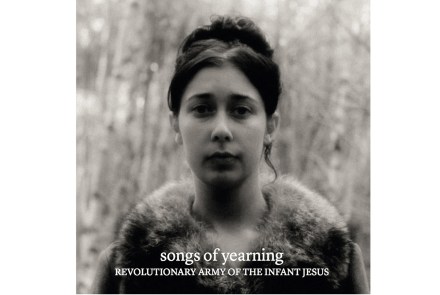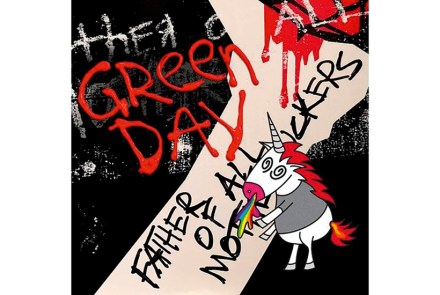Tom Jones is as nuanced a vocalist as Ian Paisley
Grade: C Revisionism has been extraordinarily kind to Tom Jones, ever since he barked his way through Prince’s ‘Kiss’ with the kind of subtlety you might expect from someone who is about to nut you in the mouth. That enormous fruity bellow is one part threat, one part music hall. He was repackaged as someone whose roots supposedly lay in R&B, but I don’t remember Sam Cooke singing ‘It’s Not Unusual’ or ‘What’s New, Pussycat?’. What Tom does, with everything, is belt it out, with bombast and bravado and the faint whiff of faggots and peas. He is as nuanced a vocalist as the late Revd Ian Paisley. This, his



